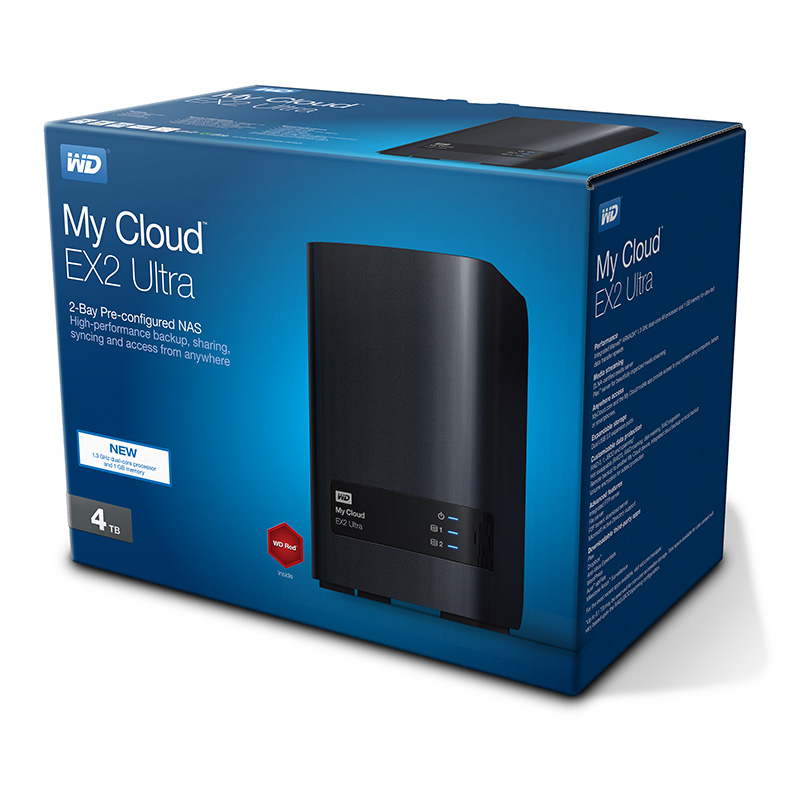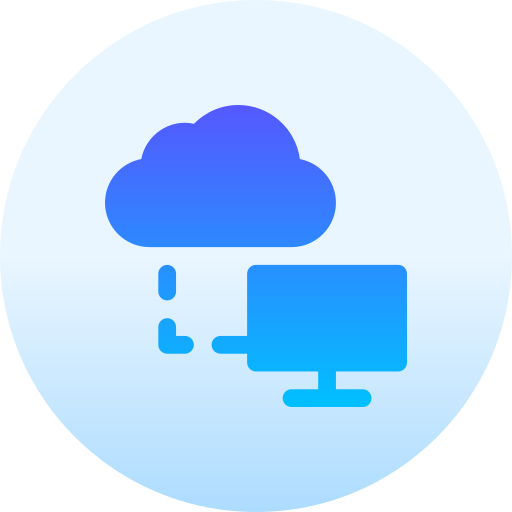

It has two bays, with two hard drives, so you can create redundant backups and really be sure your data is safe. It’s available in 4TB, 8TB and 16TB models. I’ve been using the My Cloud EX2 Ultra (Model WDBVKW0040JCH) for the past couple months. With a NAS, you create your own cloud (hence the “My Cloud” designation) and now you have access to your contents from home, office or anywhere you have Internet access. Once you decide that you are going to take responsibility for maintaining your own files in addition to any “free” cloud storage you can get, the thing to consider is a NAS (network attached storage) drive. Western Digital has an entire line of My Cloud products meant to solve those various scenarios listed above. Both make perfect sense, but one without the other is not a good idea. After you’ve been accidentally locked out of your account or after you’ve been hacked, you’ll quickly realize you should have been keeping your own copy of all those files as well as using the cloud. Crash!Īdditionally, cloud storage is great, until something goes wrong. For every percentage of your hard drive that you fill, your computer is liable to work that much slower, until there is no room for it to do its basic calculations and you get the blue-screen-of-death. With digital photos, 4K videos and all the downloaded movies we accumulate, your computer’s hard drive can quickly become overloaded…and that’s a really bad thing.

MY CLOUD CODE
The GPL source code is firmware specific and is not compatible with My Cloud devices using a different firmware.
MY CLOUD HOW TO
Below is an example of how to rebuild a Debian created binary if desired. Other packages are integrated as binaries directly from the Debian distribution without modification. Used toolchain available on the Linaro site: When applicable, build instructions for modified packages are distributed in the README/INSTALL files provided in the appropriate package folder. Western Digital provides source code for GPL packages modified by Western Digital via its support website at.

MY CLOUD UPGRADE
You will see a pop up confirming to upgrade your firmware, click Ok.
MY CLOUD UPDATE
Under the section Manual Update, click the Update From File button and a window will open.īrowse to where you saved the b file and select it. Unzip the file and you will find the actual firmware in this format: b. Doing so will cause the manual update to fail and can corrupt the system. If you are using the manual update method, do not rename the firmware file. Doing so may cause the device to malfunction or unable to boot. Note: Do not interrupt the firmware upgrade process. Important: Make sure you stop all processes and save all your data before performing the firmware update. Manually Updating the firmware on your My Cloud Check out our recent My Cloud updates to learn more. To help protect your content, we recommend that you back up your device,ĭisconnect it from the internet, and protect it with a strong, unique password. After April 15, 2022, your device will no longer receive remote access, You’ll only be able to access it locally. That are only available for My Cloud OS 5-compatible devices. On April 15, 2022, support for prior generations of My Cloud OS, including My Cloud OS 3, will end. Added the following pop-up notification message to inform users about end of support for prior generations of My Cloud OS.


 0 kommentar(er)
0 kommentar(er)
